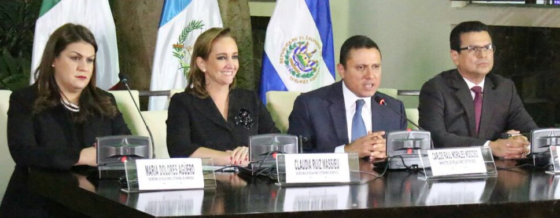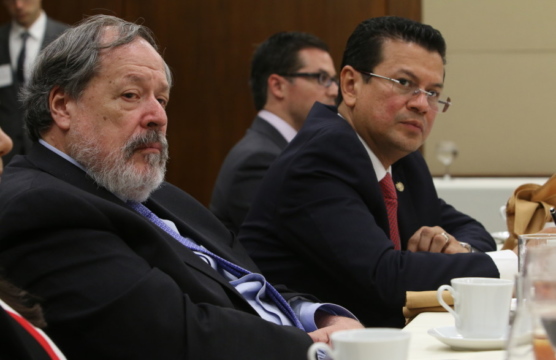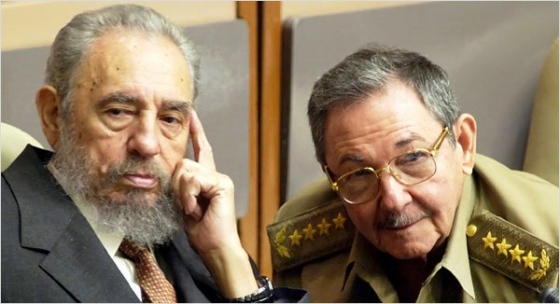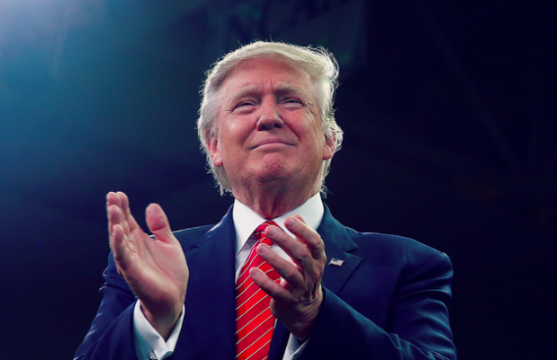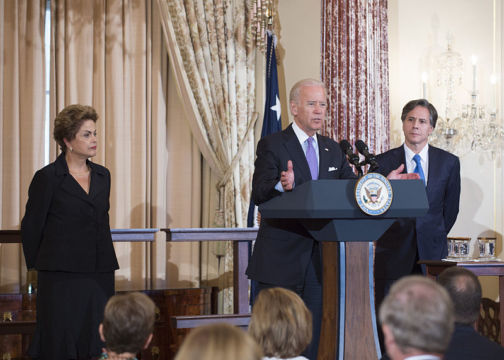
Dilma and Brazil: A View from Washington
The US visit of Brazilian President Dilma Rousseff nine months ago, as it turned out, had little consequence.
The US visit of Brazilian President Dilma Rousseff nine months ago, as it turned out, had little consequence.
Will inward-looking foreign policy statements from Trump appeal to Latin American leftists who have long accused the United States of meddling in the region’s affairs?
What are the main challenges US banks must overcome in order to do business in Cuba?
On January 13th the Inter-American Dialogue hosted a discussion on migration and development in Central America in light of the recent congressional funding approval of the Alliance for Prosperity.
Castro, who led Cuba for nearly 50 years, died Friday. In 2006, he had transferred the presidency to his younger brother, Raul Castro, after a debilitating intestinal ailment. Fidel Castro’s vision and iron rule shaped every aspect of life in Cuba and its relations worldwide. Many, perhaps most, Cubans would say he held power too tightly and too long. He was Latin America’s most prominent 20th century leader, but his legacy remains to be defined.
Colombia is lacking a national consensus for peace. Washington can help.
President Barack and Michelle Obama’s trip to Cuba, scheduled for March 21 and 22, is aimed at making the normalization of relations with the island, begun little more than a year ago, “an irreversible policy.” From a US perspective, the policy already looks pretty much irreversible.
The removal of the failed policy of isolating Cuba is a major step forward.
The pendulum of Latin American politics is swinging rightward once again. Yet as the “pink tide” recedes, the forces of change have more to do with socioeconomics than ideology. Dramatic economic and political crises have coincided in countries like Brazil and Venezuela. Still, the final result for Latin America may be the emergence of centrist, pragmatic modes of governance, and with them, opportunities for the U.S. to improve relations. The new administration must look beyond the neoliberal model of the 1990s, and develop an approach to relations fit for the 21st century.
Will President-elect Trump shatter America’s most important bilateral relationship?
CONGRESSIONAL TESTIMONY AS SUBMITTED FOR RECORD AND DELIVERED BEFORE A FULL COMMITTEE HEARING OF THE US SENATE COMMITTEE ON HOMELAND SECURITY AND GOVERNMENT AFFAIRS. Over the past five years, slightly over 100,000 unaccompanied migrant children from Guatemala, Honduras and El Salvador have been apprehended at the US southern border. They are but…
Honduras, Guatemala and El Salvador plan to join forces and ask for Mexico’s help in forming a strategy to respond to Donald Trump’s election as U.S. president, El Salvador’s foreign minister told Reuters Nov. 16. What should the Central American countries do in order to protect their interests during the upcoming Trump administration?
The outlook for the Northern Triangle is one of both optimism and apprehension.
Fidel Castro was Latin America’s most prominent 20th century leader. What is unclear is how he will be remembered—for governing Cuba with a progressive agenda or for keeping the island isolated and underdeveloped.
What does Trump’s victory mean for the economies of Mexico and the rest of Latin America, and how are political relations with the United States likely to change?
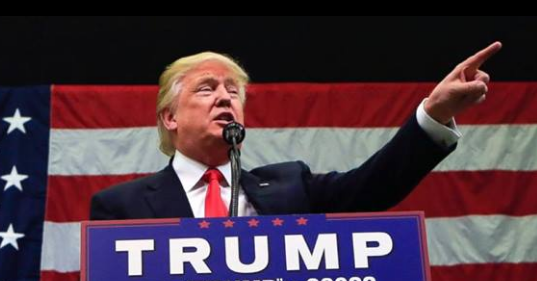
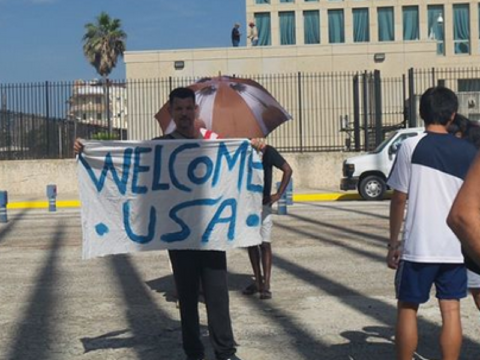
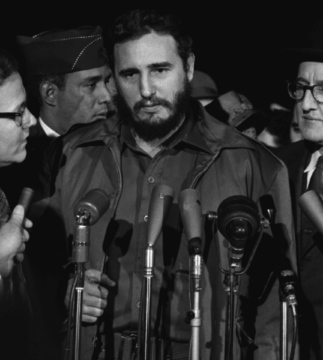
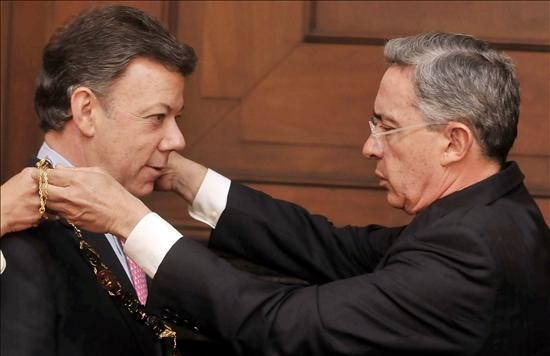
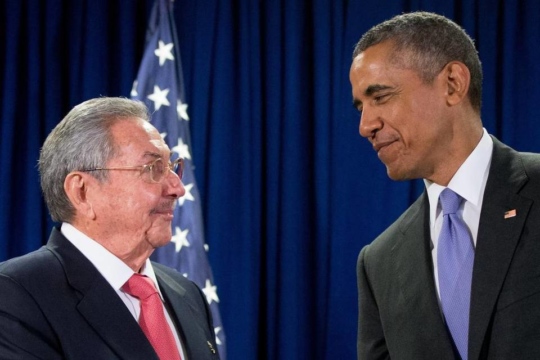
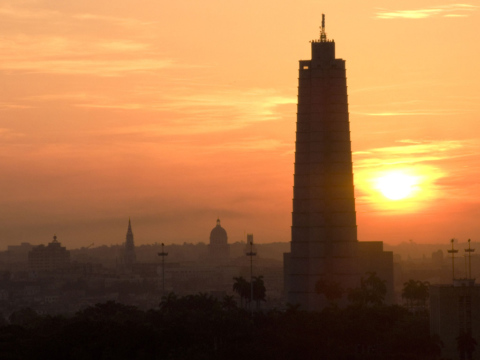
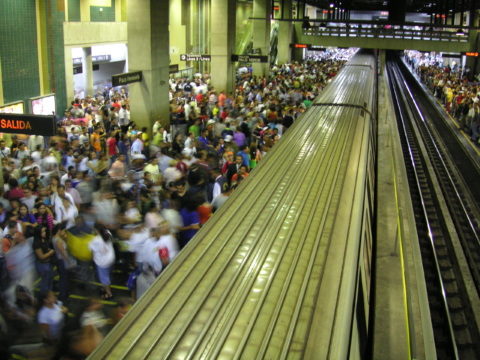
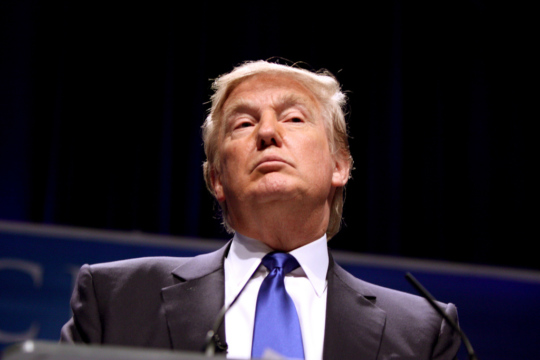
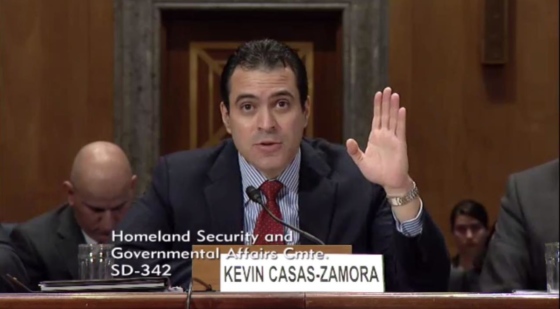 Video
Video
